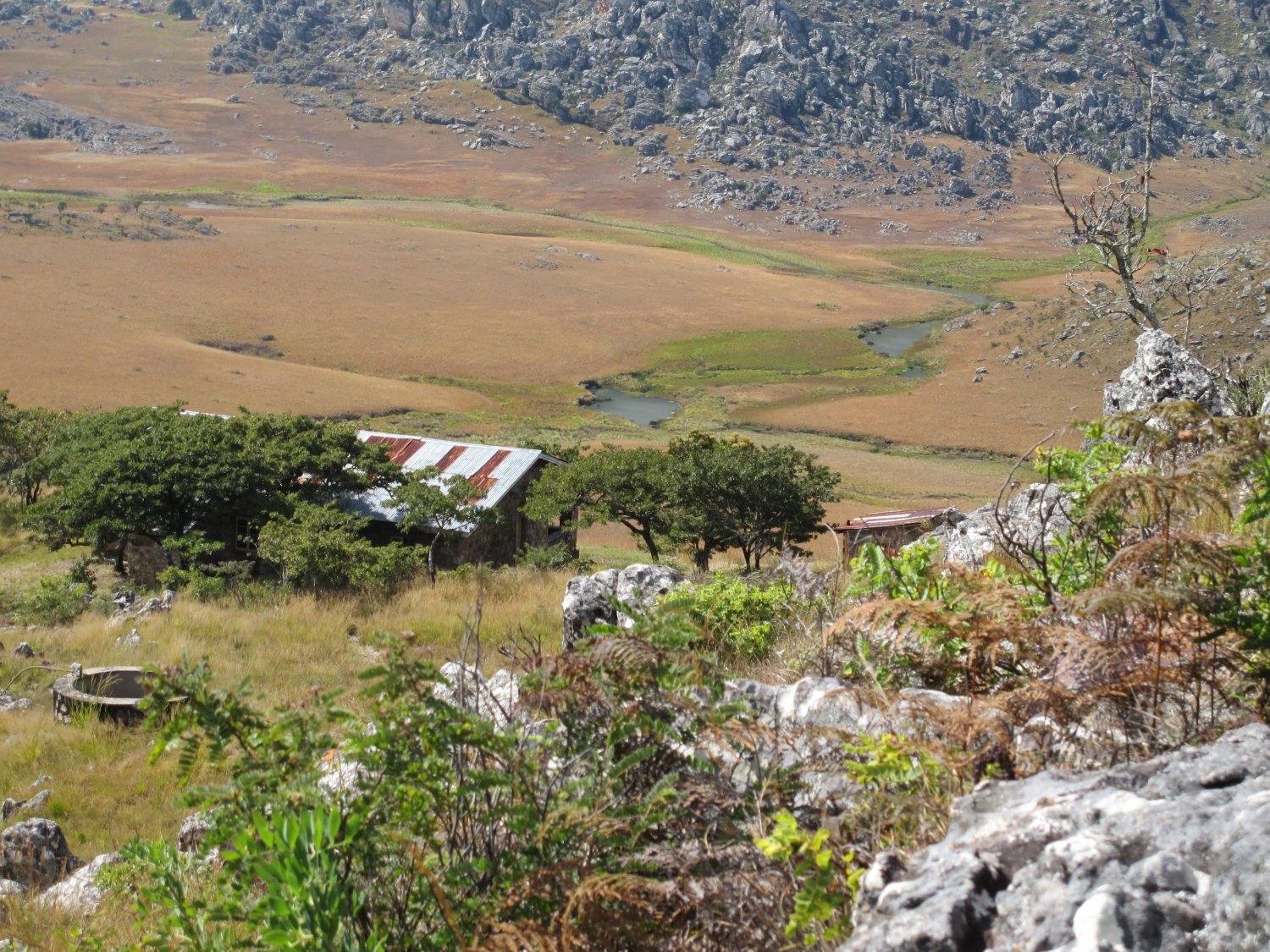By Newton Mambande
CHIMANIMANI District, nestled in the Eastern Highlands of Zimbabwe, is a sleeping economic giant that warrants awakening by both local authorities and the central government. With strategic harnessing of its resources, Chimanimani has the potential of becoming an US$11 billion economy, contributing up to 25 percent of Zimbabwe’s GDP. Drawing lessons from its rich economic history, Chimanimani could mirror the success of Dubai, not just in Zimbabwe but across Africa.
Background and Economic History
Founded in 1892 as Melsetter, named after Thomas Moodie’s hometown due to similar climatic conditions, Chimanimani has a legacy of agricultural prosperity.
– Forestry Plantations: Exotic forestry plantations were established in 1946 by Rhodesian Wattle Company Limited at Silver Streams and Skyline Estates. Additionally, forestry plantations were established at Charter Estates in 1957 by the British South Africa Company (BSAC), later managed by Anglo American Corporation plc from 1969 onwards. Border Forests (Pvt) Ltd was established by Mr Sophie at Tilbury Estate in 1949. Notably, in 1979, Border Forests merged with Anglo American Corporation plc’s interests in Charter Estate, Sheba Estate, and Imbeza Estate to form Border Timbers.
Horticulture: The district was known for prime horticulture products like apples, white pea beans, stone fruits, and flowers, sold locally and exported to neighbouring Mozambique before the border closure in 1975 due to Mozambique’s independence.
Factors Leading to Decline
Armed Liberation Struggle (1970s): Destroyed large-scale farming; guerrillas looted cattle and killed farmers.
Farm Seizures (1980s, 2000s): Led to the exit of resilient white farmers, discontinuing agribusiness.
Eviction of Roy Bennett (2004): Adversely affected agribusiness cycle; wiped out remnant beef industry.
Illicit Timber Trade and Arson: Threaten forestry, the remaining agribusiness.
Potential for Growth into a “Second Dubai”
Chimanimani’s potential stems from: Agricultural Revival: Horticulture and forestry could thrive with proper management.
Mineral Resources: Gold, diamonds, lime, and untapped iron ore could drive growth with sound governance.
Tourism Revival: Leveraging agriculture, forestry, and scenic beauty with improved publicity.
Tourism Industry
Chimanimani boasts attractions like the Chimanimani Mountains, Bridal Veil Falls in River Nyahode, Tessa’s Pool in River Haroni, Pork Pie Hill, Eland Sanctuary, Vimba Wilderness (Nyakwaa Forest), and Chimanimani National Park. Restoration of the recreational park in the resort town of Chimanimani is crucial. The local authority must engage private sector investors to build a five-star hotel, swimming pool, botanical garden, and museum and preserve heritage sites. Media outlets like Chimanimani FM, Diamond FM, and ZBC, in collaboration with Chimanimani Tourism Authority and Zimbabwe Tourism Authority, must intensify advertising and marketing of Chimanimani globally. This could transform Chimanimani into an “African Las Vegas”. Chimanimani is the “Switzerland of Africa”, where African leaders could tour for vacation holidays. The revival of the Chimanimani Arts Festival Trust-funded annual gala boosts tourism. The gala, last hosted in 2012, was a large open gathering financed by civil society and corporates. Reviving Chimanimani Country Club for golf, tennis, motoring, and horse racing tournaments is a good idea. A “Chimanimani Mountains Marathon” could promote wellness, community relations, and tourism, potentially financed by Old Mutual Limited.
Agribusiness, Food Security, and Rural Development
Tanganda Tea Company Limited, Ariston Holdings, and Cicada must invest in agriculture, food security, and rural development in Chimanimani. Partnerships with smallholder farmers in tea, coffee, bananas, macadamia nuts, and avocado pears could bolster these corporates. Dendairy, Dairibord, and Innscor Africa Limited could engage in contract farming projects with smallholder farmers. Reviving dairying and plantation agriculture could reduce reliance on imports from Malawi, Ethiopia, and Zambia.
Lessons from Economic History
Stability Boosts Economy: Periods of stability saw growth (pre-1975 horticulture exports).
Governance Matters: Anti-development practices hindered mineral benefits and industry growth.
Diversification Key: Agriculture and forestry need balanced development for sustainable growth.
Conclusion
Chimanimani’s potential to become a second Dubai hinges on awakening its sleeping economic giant status through strategic development of agriculture, minerals, and tourism. Local and central governments must address governance and anti-development practices to unlock this potential, boosting Zimbabwe’s GDP.
Newton Mambande is an entrepreneur and researcher with published academic work. Contact: newtonmunod@gmail.com or WhatsApp +263773411103
Discover more from Etimes
Subscribe to get the latest posts sent to your email.




